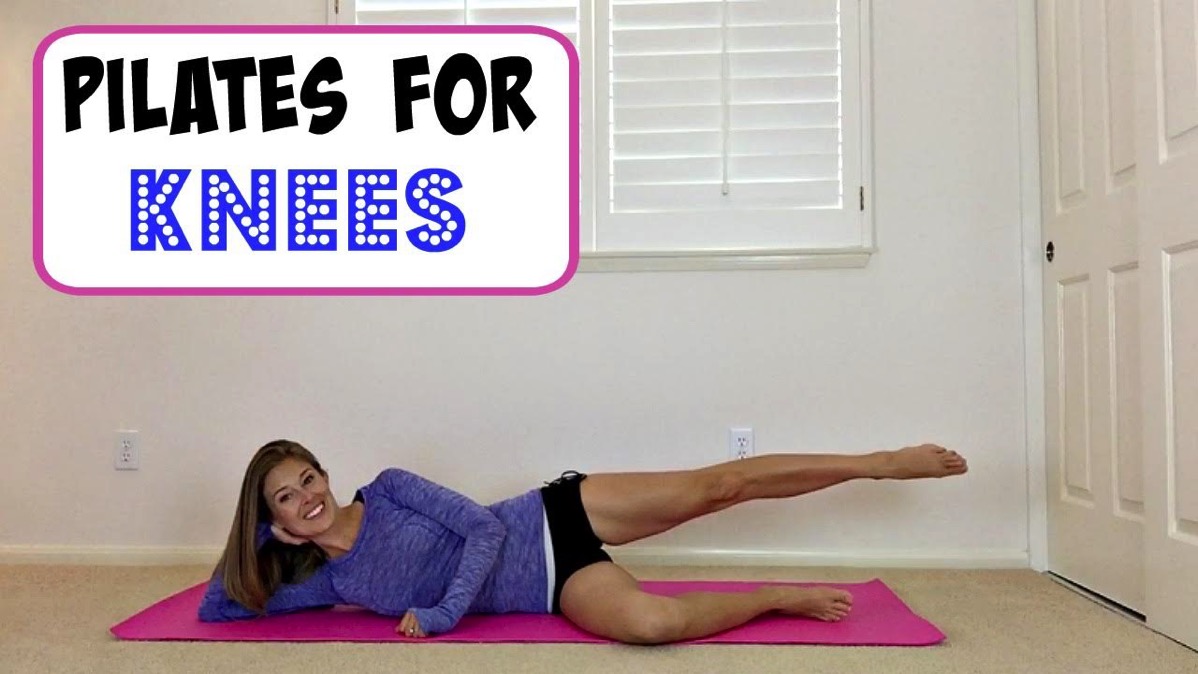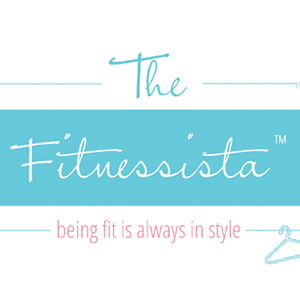What to do about knee pain?
Hi friends! Thank you so much for all of the kind comments and love surrounding baby P’s arrival, and for sharing in our joy during such a special time. We’re still getting settled, and I have some very special posts going up this week. I’m excited about today’s post because it was written by my good friend Jess. She is a Physical Therapist, fitness instructor, and wealth of knowledge for all things health and fitness- elated. We meet up for fitness dates, wine (before I got preg, but now we’ve gotta bring it back), and to let the kiddos play fairly often. Love this girl so much, and you will love this post about a common fitness-related injury/ailment that many of us have experienced or are currently struggling with: knee pain. Take it away, Jess. 🙂
I’m so excited to be here talking to you guys today while Gina and her family get some much needed bonding and resting time (resting is kind of a misnomer with a newborn, though!).
My name is Jessica Valant and I’m a physical therapist, Pilates instructor and group cycling instructor. I feel so lucky that I’ve gotten to know Gina and her amazing family over the past year. We moved to San Diego around the same time and quickly bonded over fitness, daughters and wine (we really like wine :). She is just as amazing in person as she is in her blog, and I’m so happy to call her my friend!
When I talked to her about topics for this post, she had lots of great ideas, but mentioned one in particular that made my ears perk up because I thought I just might be able to help.
Tell me if this sounds familiar…
Your knees crunch and crack when you go down into a deep squat. You get popping sounds in your knees when you walk down stairs. You sometimes feel like your knee might buckle when you step down off of a curb. You avoid lunges at all costs because of your knee pain.
Knee pain is one of the most common complaints I hear from my fitness clients and physical therapy patients, and I know how limiting and frustrating it can be.
While it may set you back temporarily, knee pain doesn’t have to slow you down permanently! There are some very simple exercises and movements you can do every day to help eliminate your pain and prevent it from returning.
First, let’s get to know those beautiful knees of yours!
Our knee joint is created by the upper leg bone (femur) connecting to our two lower leg bones (the tibia and fibula). There are two pieces of cartilage that sit and act as cushions between the upper and lower leg bones, and these are called your medial and lateral meniscus. There are also numerous ligaments that act as stabilizers in your knee (including the well known ACL). Last, but certainly not least, you have your kneecap (patella). It sits on the front of your knee and moves up and down when you bend and straighten your knee.
Knee pain itself can be caused by different factors, but there is one thing that all clients I see with knee pain have in common:
They have an imbalance in the strength around their knee, which causes the knee to be unstable and the kneecap to track incorrectly.
Let me explain :).
We tend to be stronger and tighter in the outer parts of our hips and knees, and generally weaker and looser in the inner parts of our hips and knees.
If you are a dancer or runner, you can relate!
Dancers spend their entire dancing life in a turn out position, which causes tightness in the structures on the outer part of the leg and weakness on the inner leg.
Runners are all too familiar with those tight IT bands, right? Runners, just like dancers, become tight on those outer structures and weak on the inner structures.
Why does this matter?
It all can lead to poor movement of the kneecap, and ultimately, knee pain!
Your kneecap is meant to move smoothly up and down in it’s groove every time you bend and straighten your knee. When the outer muscles of the leg become tight, they start to pull that kneecap slightly to the outside. The inner knee musculature isn’t strong enough to keep the kneecap in place, so they can’t help.
Instead of moving up and down in it’s groove, the kneecap now moves up and down against the upper leg bone.
Ever hear the term “bone on bone”? Well, that’s what is now happening!
The cartilage on the back of the kneecap wears down, and arthritis can occur. You can start to get that grinding and crunching sound when your knee bends. (There is actually a name for that and it’s called crepitus). You get pain right at the kneecap and it is usually worse when you are walking downstairs or going downhill.
While you might be cringing right now, there is hope! The kneecap can be put back in place with the right exercises and awareness of the movements you are doing.
Let’s jump in!
I’ve created an exercise routine just for you guys that focuses on stabilizing and strengthening the hips and upper leg muscles so that we can start to get that kneecap moving where it should. This is a fun routine that includes exercises I do both in physical therapy and Pilates, and is appropriate for a beginner or a professional athlete! If you have any knee pain OR just want to prevent knee pain in the future, this workout is perfect!
It might also tighten those booty muscles – just sayin’.
Remember, knee pain is NOT the boss of you! You are in control and you have tools you can use to help relieve and eliminate your pain. Please come find me at Happy Hour Mama and let me know how you are doing and if you liked the workout!










I definitely need to try these. I’m only 30- way too young for my knees to be making these weird creaky sounds!
Love this! I have been struggling with knee pain the last couple of months. How often could I do this workout? Eg daily, or a few times a week?
I have the same question! I’ve had knee pain on and off since my teens. I’m now, cough cough, much older. I started Turbofire because my knees were ok for a year (thank you chiropractor!) and now they are bothering me. I love Chalene and her workouts and don’t want downtime! Help.
Yay Jess! Hi! Great tips, lady!!! 🙂
Thank you for this!
Hello fellow San Diegan! I’m a second-year here at SDSU, and it’s always nice to hear from someone local! Thanks for taking the time to inform all of us Fitnessista readers on this! I’ll be the first to admit that I am not scientifically inclined so anything about human anatomy was lost on me in school. Thank you for making it a bit easier to understand!
I
I’m a rehab physician and a runner and I have to say this is an excellent video. Thanks for posting, I’ll be incorporating these into my routine ASAP!
Thank you for addressing it right up into the back! I start most clients on a routine that strengthens inner thighs, and watching how that changes lives is so cool!! Yay adductors!!
This video is really helpful to find the perfect solutions for knee pain. Thanks for sharing amazing moves in the video.